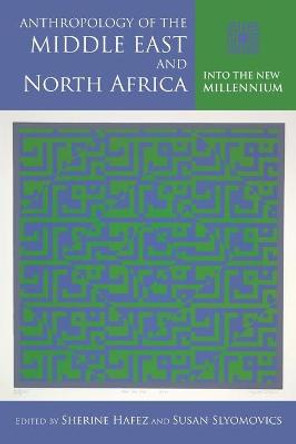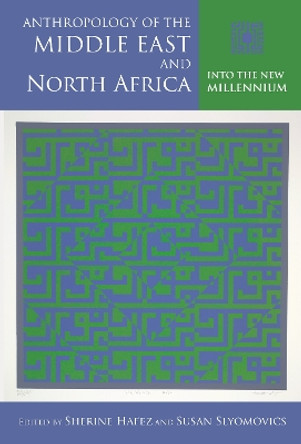Description
Stephen J. King considers the reasons that international and domestic efforts toward democratization have failed to take hold in the Arab world. Focusing on Egypt, Tunisia, Syria, and Algeria, he suggests that a complex set of variables characterizes authoritarian rule and helps to explain both its dynamism and its persistence. King addresses, but moves beyond, how religion and the strongly patriarchal culture influence state structure, policy configuration, ruling coalitions, and legitimization and privatization strategies. He shows how the transformation of authoritarianism has taken place amid shifting social relations and political institutions and how these changes have affected the lives of millions. Ultimately, King's forward-thinking analysis offers a way to enhance the prospects for democracy in the Middle East and North Africa.
Islamist politics and inflexible leadership in the Arab world
About the Author
Stephen J. King is Associate Professor of Government at Georgetown University. He is author of Liberalization against Democracy: The Local Politics of Economic Reform in Tunisia (IUP, 2003).
Reviews
Throws a new cast on Arab political systems and particularly on democratization and privatization.
-- I. William Zartman * Johns Hopkins University *This is another, very worthwhile, study in a slowly growing field of work trying to explain the persistence of authoritarian rule in the Arab world . . .86:5, 2010
* International Affairs *This book sets itself apart from other political science research by adopting a critical, evidence-based and systematic approach in analyzing how economic reforms have made authoritarianism stronger in the region, counter to popular beliefs.
* Journal of International Affairs *[T]his book is important for our understanding of authoritarian persistence, the political economy of economic liberalization and the current breakdown of authoritarian upgrading in the Middle East.June 2012
* Perspectives on Politics *The book is well written, well-researched and ably constructed. It reads well, follows a clear and consistently logical structure, and draws on a rich variety of sources. . . . In general, the author's arguments are fair, responsible and balanced-no mean feat when dealing with issues as complex and sensitive as authoritarianism versus democracy in the Arab world. 2011
* Bustan: Middle East Book Review *Book Information
ISBN 9780253221469
Author Stephen J. King
Format Paperback
Page Count 288
Imprint Indiana University Press
Publisher Indiana University Press







